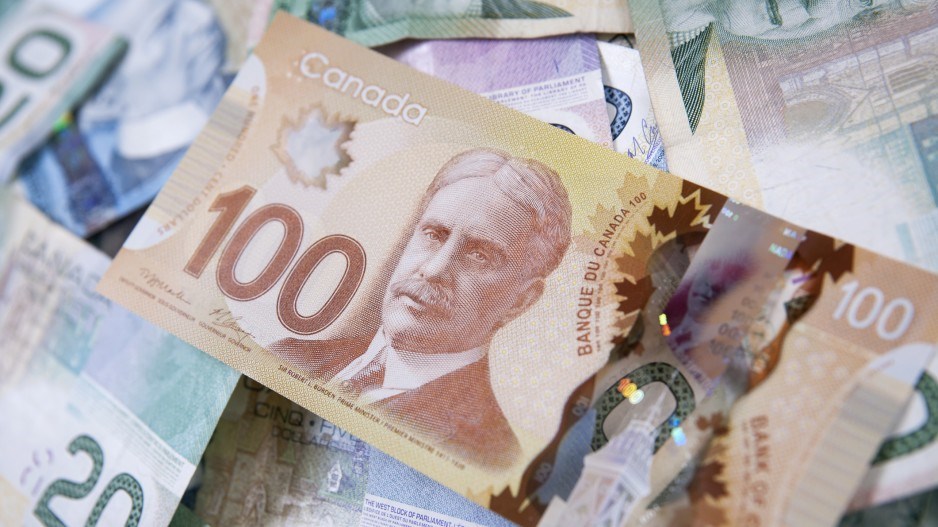The Bank of Canada raised its key interest rate target by a quarter of a percentage point to 4.75 per cent on Wednesday, the first raise since it announced a pause in January. Here's what you need to know:
Why did the bank raise rates?
The Bank of Canada said it decided to raise rates again because inflation risks getting stuck above its two per cent target. Inflation unexpectedly rose in April for the first time since last summer as strong economic growth, a tight labour market and surprisingly strong consumer spending keep pressure on prices.
The economy grew by 3.1 per cent in the first quarter, while inflation in April went up to 4.4 per cent. Three-month measures of core inflation, which strip out some of the most volatile categories like fuel, and which the bank focuses on, have also hovered near four per cent for several months.
How unexpected is the decision?
Governor Tiff Macklem said in May he was in no rush to raise rates, and most economists expected the Bank of Canada to hold off on a raise until it saw more data. Odds were at less than 50 per cent for a hike, while only eight of 37 forecasters anticipated a raise, said Scotiabank.
The Bank of Canada, however, has faced criticism for not moving fast enough to start raising rates at the beginning of last year.
While Wednesday's rate hike was a surprise to many, the Bank of Canada noted it came after "stronger than expected" economic growth and "surprisingly" strong consumption growth in the latest data.
How will the average person be affected?
The biggest effect will be on borrowers. Home buyers will face higher rates on mortgages, as will homeowners who have variable-rate mortgages and those with fixed-rate mortgages up for renewal.
Ratehub.ca said a homeowner who was paying $4,075 on their $716,083 home with a five-year variable rate of 5.55 per cent amortized over 25 years would see their rate increase to 5.80 per cent and their monthly payments rise by $98.
People with lines of credit or auto loans could also face rising payments, as could those with home equity lines of credit.
Will the bank raise rates further?
The bank said it could hike rates still higher, depending on what the data shows. In making its next decision on July 12, the bank said it will evaluate whether "excess demand, inflation expectations, wage growth and corporate pricing behaviour are consistent with achieving the inflation target."
Scotiabank economist Derek Holt said in a note that "my reading of the statement leaves the door open to doing another 25bps in July ... It keeps it wide open, depending upon the evolution of data and developments."
RBC economist Josh Nye also sees potential for another raise, saying in a note that "if 4.50% wasn’t restrictive enough it’s hard to think 4.75% is."
This report by The Canadian Press was first published June 7, 2023.
The Canadian Press




